 The University of Tokyo is investigating a 2011 stem cell paper in Cell Cycle, recently retracted over irregularities in four figures.
The University of Tokyo is investigating a 2011 stem cell paper in Cell Cycle, recently retracted over irregularities in four figures.
The university has confirmed there is an investigation, but would not specify which paper it concerned; the corresponding author on the paper, however, confirmed to us that it is the focus of the investigation.
In the retraction notice, published Nov. 1, the journal wrote: Continue reading University of Tokyo opens investigation into retracted stem cell paper
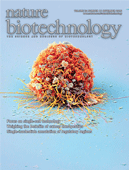
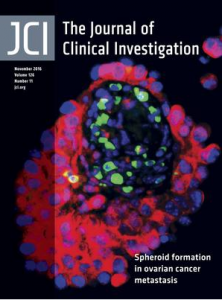
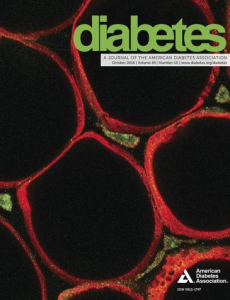

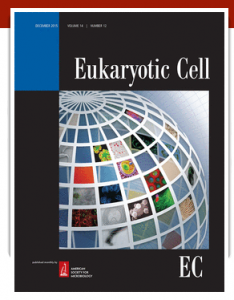
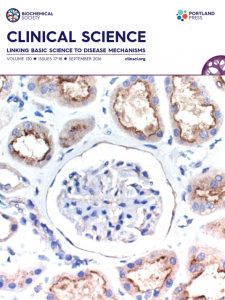
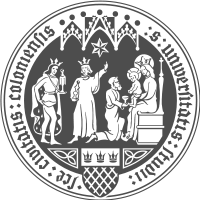 The University of Cologne has conducted an investigation into the research of Tina Wenz, and determined that six papers should be pulled due to scientific misconduct.
The University of Cologne has conducted an investigation into the research of Tina Wenz, and determined that six papers should be pulled due to scientific misconduct.
 The last author of a 1999 paper has asked the journal to retract it less than one month after a user
The last author of a 1999 paper has asked the journal to retract it less than one month after a user